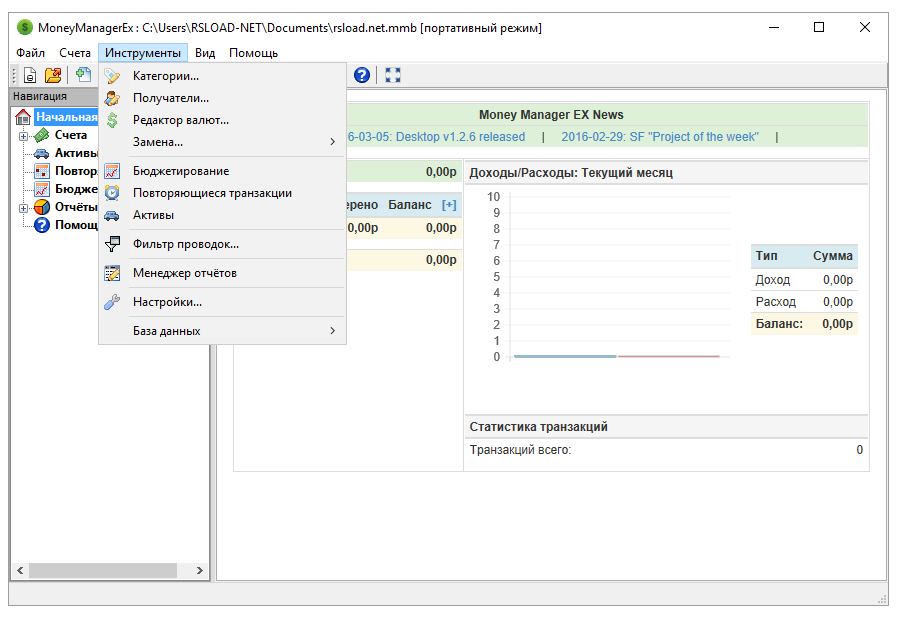
OpenVPN, for example, secures the raw data with a symmetric cipher – usually AES these days. Fortunately, it can be safely transferred over the internet in conjunction with asymmetric encryption, which used to handle the remote key exchanges required to securely connect to a remote server. Of course, in today’s connected world, data that just sits on your hard drive is of limited use. Asymmetric ciphers such as RSA are only really used for encrypting small amounts of data, such as the keys used to secure symmetric key encryption.

For perspective, symmetric ciphers are generally quoted as being around "1000 times faster” than asymmetric ones. This makes encrypting and decrying data with symmetric encryption much faster than with asymmetric encryption. They require much less computational power.For this purpose, they are superior to asymmetric ciphers because: Symmetric ciphers like AES are therefore much better at securing data while at rest – such as when it is stored on your hard drive. A good example is RSA encryption, which is used to secure the TLS key exchanges required when connecting to a secure HTTPS website. This makes asymmetric encryption much better at securing data in transit as the sender does not need to know the recipient’s private key. It can only be decrypted by an intended recipient who holds the correct private key. This does create a problem: how do you send the key in a secure way?Īsymmetric encryption systems solve this problem by securing data using a public key which is made available to everyone.

This means that the same key used to encrypt the data is used to decrypt it. An introduction to AES encryptionĪES is a symmetric key encryption cipher. It is an open standard that is free to use for any public, private, commercial, or non-commercial use. AES is a symmetric key encryption cipher, and it is generally regarded as the "gold standard” for encrypting data.ĪES is NIST-certified and is used by the US government for protecting "secure” data, which has led to a more general adoption of AES as the standard symmetric key cipher of choice by just about everyone.


 0 kommentar(er)
0 kommentar(er)
